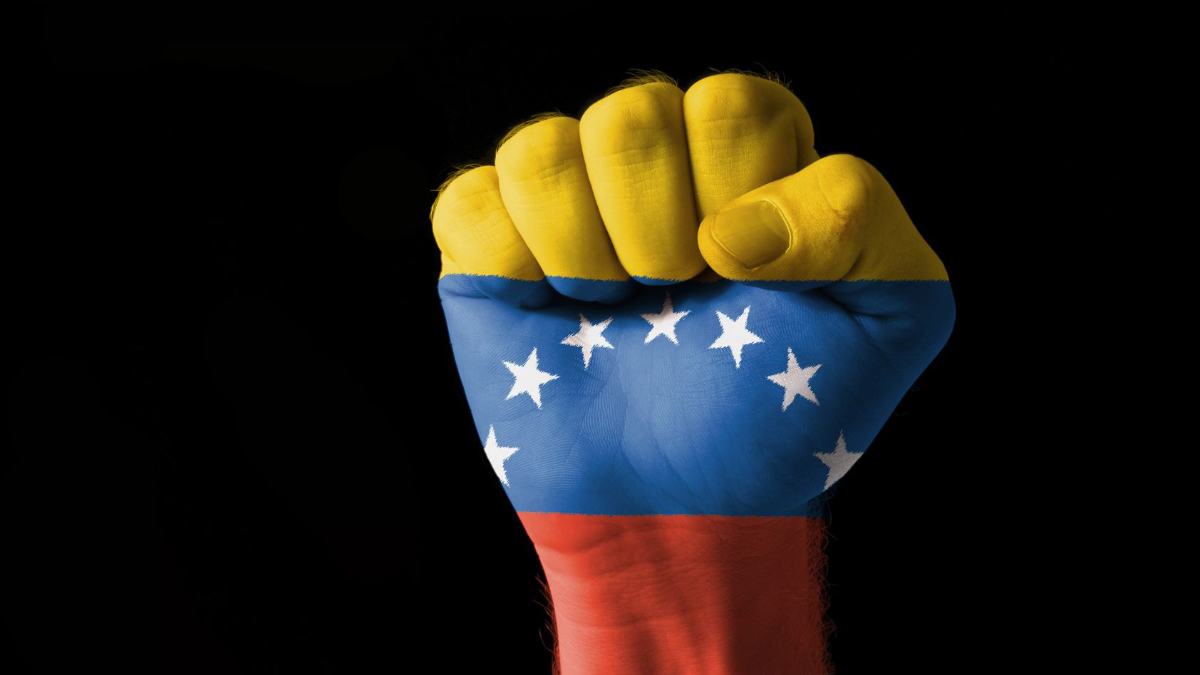We have witnessed in modern times some pretty amazing transitions from dictatorship to liberal democracy. It looks as if Venezuela might be about to inaugurate a new style of regime change.
This month, the political opposition organized, with the open hostility of Nicolás Maduro’s government, a national referendum. Voters were given the option of expressing disapproval for the Maduro regime’s attempt to set up a convention to rewrite the Venezuelan constitution and do away with all checks and balances against Maduro’s power, including that of the National Assembly.
It does not take much imagination to realize what an undertaking it is, under a brutal regime that has killed 100 protesters and detained thousands in the last hundred days, to set up an illegal infrastructure allowing millions of Venezuelans to vote while being harassed by thousands of paramilitary troops (called "collectives" in Maduro’s Newspeak).
But vote they did, and massively. Although the opposition was only able to set up one-fifth of the voting stations used in regular elections, 7.2 million people flocked to the polls to reject the government’s attempt to turn Venezuela into a second Cuba.
The sporadic violence organized by government thugs (similar to those who recently stormed the National Assembly and bloodied several opposition figures) was witnessed by a group of former Latin American presidents courageous enough to accept the invitation to observe the referendum—Mexico’s Vicente Fox, Colombia’s Andrés Pastrana, Costa Rica’s Laura Chinchilla and Miguel Ángel Rodríguez, and Bolivia’s Tuto Quiroga.
The opposition asked Venezuelans whether they reject the idea of a constitutional convention, whether the armed forces should enforce the current constitution (under which the national convention that Maduro wants would be illegal), and whether new authorities should be elected.
Ninety-eight percent voted yes to all three questions. The seven million votes that backed the opposition compare overwhelmingly with the four million votes that approved the current constitution in 1999, and the four-and-a-half million that supported the amended constitution that gave the late President Hugo Chávez extra powers in 2009.
The symbolic vote is also a vindication of the opposition’s efforts to force the government to accept a recall vote permitted under the constitution last year. The regime never allowed it and canceled scheduled regional elections to boot. The support enjoyed by the opposition in the referendum indicates that Maduro’s instincts were right when he blocked the recall vote: he would have lost overwhelmingly.
There are increasing signs of weakness in Maduro’s regime. He recently placed Leopoldo López, the country’s most prominent political prisoner, under house arrest after having him confined to a tiny cell in a military prison where he was routinely tortured. Several Chavistas, most notably attorney general Luisa Ortega, have broken ranks with Maduro and openly denounced his plans to set up a totalitarian regime. Former police and military officers are expressing their open opposition to the dictator.
Last weekend’s opposition-organized referendum marks a fascinating contrast with other types of transitions to liberal democracy (if this indeed turns out to be the outcome). Chile’s Augusto Pinochet also left power after a referendum, but it was one he had organized himself. In Poland, the government, exhausted by the general strikes called by Solidarity, eventually opened negotiations with Lech Walesa’s famous union in the late 1980s.
In Hungary, a crack opened up between two communist factions that led to a regime change. In Romania, dictator Nicolae Ceausescu was captured, sentenced and executed. In the Soviet Union, the communist bureaucracy produced Gorbachev, a reformist who was surpassed by the forces he had set in motion. When retrograde factions tried to turn the clock back, other reformist leaders, particularly Boris Yeltsin, prevailed, and the rest is history.
But we have never seen what just happened in Venezuela before—an opposition mounting a successful nationwide referendum in defense of its current constitution, against the hostility of a government that no longer thinks its own Chavez-created constitution is enough to guarantee its perpetuity. Is this the beginning of the end for Chavismo and Maduro? Will this turn out to be one of contemporary history’s most fascinating transitions to liberal democracy?













